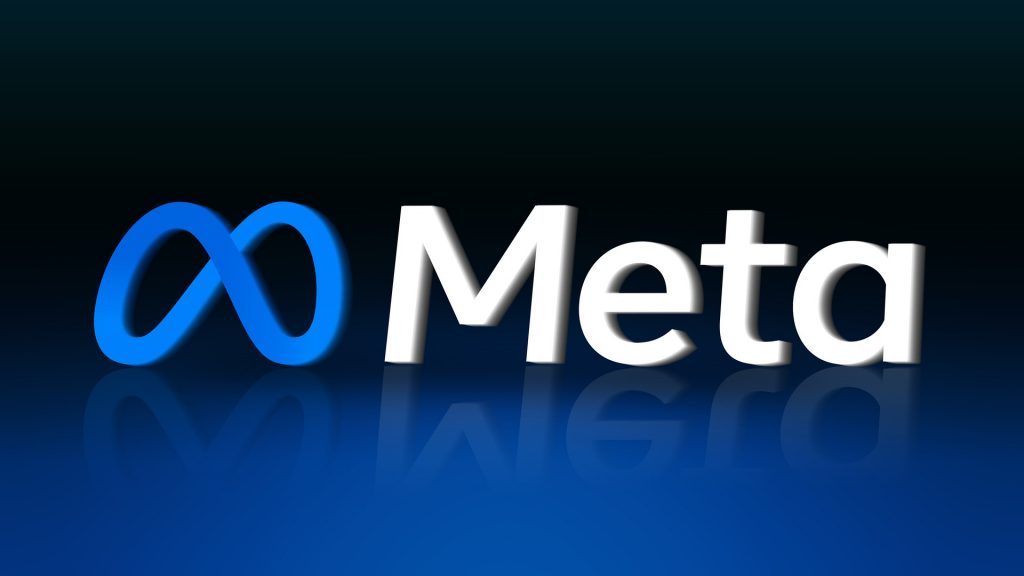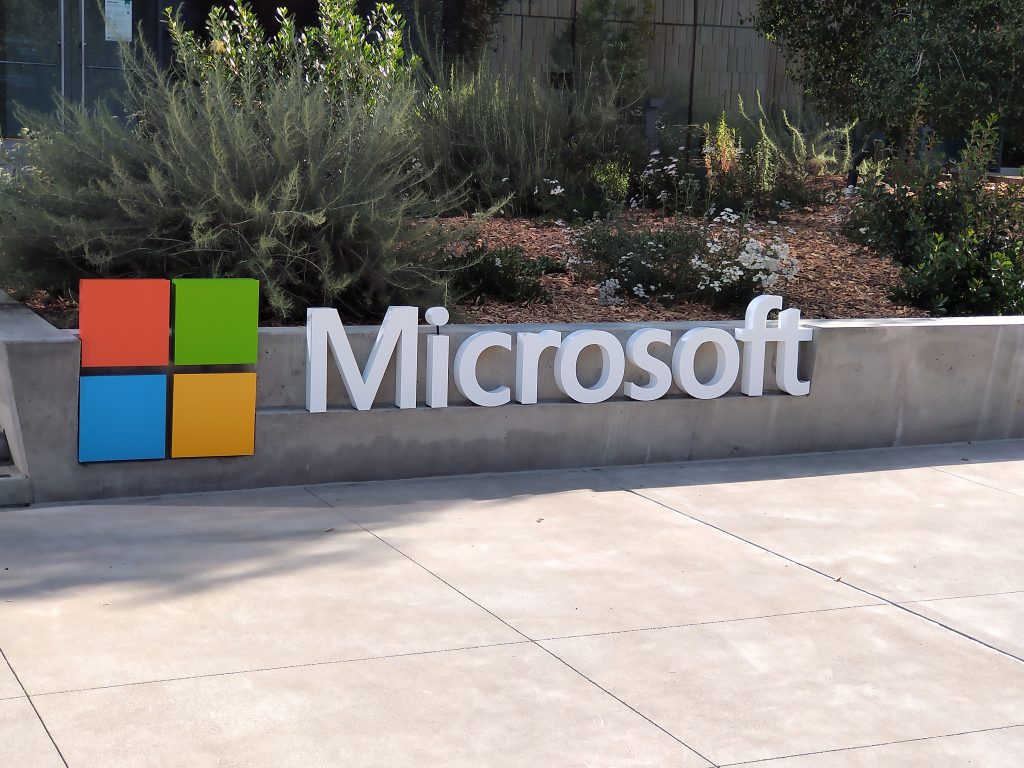TIP (Telecom Infra Project) has formed a new industry group to help telcos get ready for the opportunities offered by the evolving metaverse. With this group, business technology journalist Antony Savvas asks whether it’s good that telcos seem to be keeping their enemies close to them.
As TIP says, the metaverse aims to transform how people interact by delivering immersive experiences that will require better network performance, for both fixed and mobile networks.
“For connectivity and technology service providers, as well as the broader industry, the metaverse will create opportunities to deliver new experiences spanning all sectors, including education, healthcare, remote work and more,” says TIP. Opportunities for who and how should be the key question though.
“As metaverse use cases begin to emerge, network performance and functionality needs to evolve. As they evolve over the next decade, future immersive services will require more network capabilities to support greater agility, programmability, performance and reliability,” TIP goes on. And who will pay for these capabilities?

Friends and enemies
The TIP Metaverse-Ready Networks (MRN) Project Group’s initial co-chairs will be Facebook’s business unit Meta Platforms, Microsoft, Sparkle, T-Mobile and Telefonica. While Facebook has bet the farm on the future business opportunities it sees from the metaverse, even changing the name of its holding company to Meta, it is not exactly seen as a company that does anything for anyone else in the communications industry.
Facebook was accused in the Cambridge Analytica scandal of collecting other people’s data without their full consent, for its own business gain. It pays nothing towards building the telecoms infrastructure that delivers its services and collects others’ data, and is as secretive in the way it does it as a state security agency.
Microsoft

And let’s look at Microsoft. The world’s biggest software company is beginning to make alliances with telcos, as it realises that to get closer to its end customers it can’t rely on the hyperscale and distant cloud data centres it has and is still building around the world. It needs the edge data centres and local points-of-presence that telcos have to efficiently reach consumers accessing virtual reality and augmented reality services, using “driverless” cars, other services relying on IoT (Internet of Things) platforms, and yes, being active in the metaverse.
Microsoft was relatively quick to see the opportunities created by the growing IoT ecosystem, but its first port of call in its strategy was the server makers, like HPE and Dell, to help optimise its software at the edge. The telcos, where these servers will be located at the edge have been an afterthought, even though they are required to carry the services.
The metaverse, if it is to be an easy place to navigate around, will need an open-source framework that all participants will be able to contribute to and share technology with. It will not only provide a seamless experience to consumers, but will also provide an easy monetary stream to those supporting it, which has to include the telcos that will commonly be the lynchpin in the middle.
Microsoft must be brought along to realise this, to be convinced that the metaverse is potentially a holistic opportunity for the current technology industry, to remain relevant to consumers through new services, instead of a way of squeezing out more dollars from commoditised software packages.
It’s far from doing this though, just try installing its latest update to Windows 11, which I have just done. It kindly changes some of your own documents, created with open-source productivity software, to its own proprietary Microsoft formats, without asking you first. It then asks you to pay to access your own documents in its formats!

Being screwed
If telcos are going to avoid being screwed again in the ‘next big thing’ in data connectivity and services, the likes of Facebook, Microsoft and the rest of US big tech, will have to be told that the metaverse can not just be based on the monetary relationship between them and brands selling stuff they have a relationship with.
There has to be a formula of recompense that sees the provider of the service and the carrier of the service getting a share of every transaction that is completed in the metaverse. The likes of Mastercard and American Express are already setting out their stall when it comes to their share of metaverse transactions, so the telcos should too.
The new Project Group’s mission statement confirms the work that will be required to make the metaverse work. It will “aim to align on industry-wide network capabilities, specific APIs (application program interfaces) and mechanisms required to access end-to-end (E2E) network capabilities supporting immersive applications at scale”. It will also “define requirements and methods for measuring E2E quality of experience (QoE)”, and “provide a prioritisation of future network architectures needed to achieve metaverse readiness”.

All this will involve a lot of work from the telcos, and further illustrates why telcos must not sell themselves short by simply supporting a metaverse gateway button on the smartphones that rely on their mobile edge networks.
Warm words
Alex Harmand, head of network platforms at Telefonica and co-chair of the MRN Project Group says: “This new group will enable operators to address the exciting opportunities that the metaverse is creating in both the consumer and enterprise segments. Telefonica is looking forward to collaborating to define the network capabilities and associated APIs needed to enhance metaverse services.
“The TIP community is the perfect environment for this initiative, as it will allow us to leverage multiple current project groups, such as OpenRAN, Open Optical and Packet Transport, to deliver end-to-end architectures and solutions that we will then test in Telefonica’s and other TIP community labs.”

And Ron Marquardt, vice president of advanced technologies and innovation at T-Mobile, adds: “As one of the major upcoming revolutions in the telco industry, the metaverse has to be built through industry collaboration. We want to encourage other CSPs, technology makers and content creators to join us in this journey.”
All warms words, but, “show us the money too Alex and Ron”, I’m hoping other telcos will now be asking.
The Project Group will be hosting its first “open doors” session at this week’s Fyuz communications conference in Madrid.
The author is Antony Savvas, a global freelance business technology journalist.
Comment on this article below or via Twitter: @VanillaPlus OR @jcvplus”






